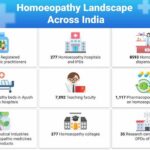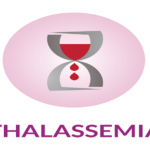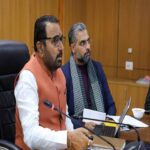In order to provide better health services and treatment facility to the people of the country, the Government of India has taken several steps which inter-alia include:
• Implementation of National Health Mission Free Drugs and Free Diagnostic initiative to provide essential drugs and diagnostics free of cost in public health facilities.
• Implementation of Janani Shishu Suraksha Karyakaram (JSSK), Rashtriya Bal Swasthya Karyakaram (RBSK), Rashtriya Kishor Swasthya Karyakaram (RKSK) and implementation of other National programmes like Revised National Tuberculosis Control Programme (RNTCP), National Vector Borne Disease Control Programme (NVBDCP), National Leprosy Eradication Programme(NLEP), National AIDS Control Programme (NACP) etc. where free treatment is provided to patients of Tuberculosis(TB), HIV/AIDS, Vector Borne, Leprosy diseases etc.
• Decision to transform Sub-Health Centres/PHCsto Health and Wellness Centres to provide comprehensive primary care, to undertake promotive and health promotion activities.
• Screening and Management of 5 common NCDs of hypertension, diabetes, and cancers of oral, cervix and breast.
• Pradhan Mantri National Dialysis Programme for free dialysis services to the poor in district hospitals.
• Making available tertiary health care services in the public sector through strengthening of hospitals, establishment of AIIMS institutions in the States and up-gradation of existing Government medical colleges across the country.
• Making available quality generic medicines at affordable prices to all, under ‘Jan Aushadhi Scheme’, in collaboration with the State Governments.
• Rashtriya Swasthya Bima Yojana (RSBY) which provides for smart card based cashless health coverage on family floater basis.
The Minister of State (Health and Family Welfare), Smt Anupriya Patel stated this in a written reply in the Rajya Sabha here today.







